

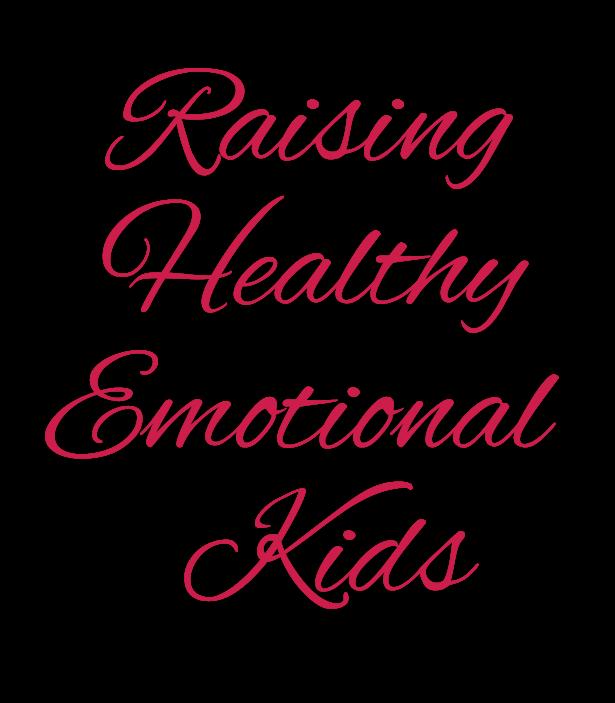






WHAT TO DO

WHEN THERE IS NO HAPPILY EVER AFTER 2
4 TIPS FOR RAISING EMOTIONALLY HEALTHY CHILDREN



MOTHERS

We all have many hats we wear as we go through life Mother, Daughter, Sister, Wife, Grandmother, Aunt, Career/Business Woman

At times it can be overwhelming and exhausting. It's important that we not forget to take so much needed care of ourselves. Celebrate the accomplishments you have achieved and be grateful
This issue is about wellness. Elements focusing on taking care of your health and your mind and as you do so you can be the role model you strive to be
The realization that perfection is not to be strived for but being REAL. Being real with ourselves and those around us
Enjoy this issue of Bermuda Parent Magazine


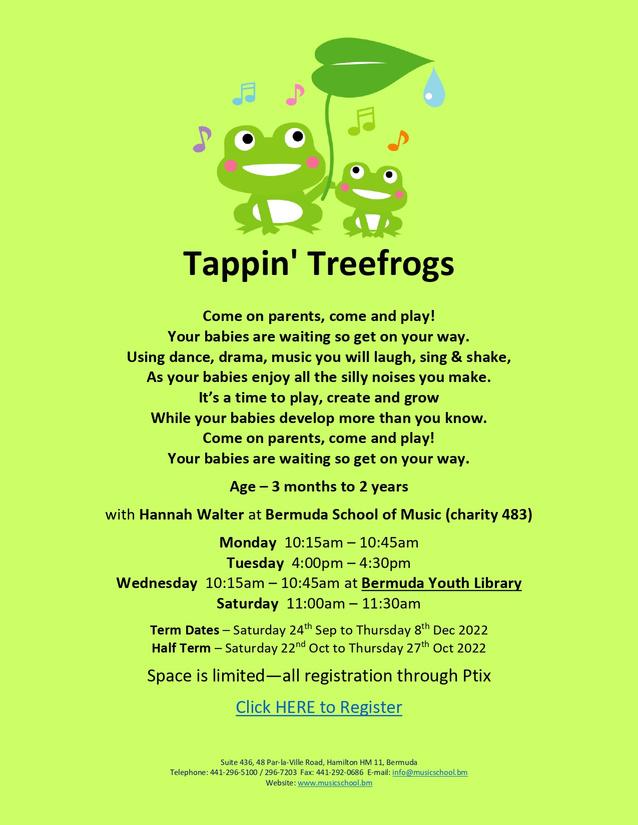

As spring comes in, many students’ and parents’ thoughts begin to turn to the sunny, school-free days of summer.
For many students this is a time of excitement: the end of their current grade and the beginning of summer But there are still a few months of school left before that final bell rings, which means that there is still homework to be done, tests to study for, and extra curricular activities to keep track of!

Though the temptation to daydream about summer may be strong, this is not the time for students to slack off! In fact, in the time left, students can actually pull up their grades.

In order to get grades on track before the school year is over, students need a plan a plan to make the most of the time left, a plan to keep up with current homework, tests, and assignments, and a plan to tackle any trouble spots. This is especially important for busy high school students who have the added stress of balancing current schoolwork with studying for end-of-year exams; a plan can keep students on-track and stress-free
An end-of-year plan isn’t just for struggling students: even the best students can afford to fine-tune their grades in the time left Whether it is tackling extra credit assignments, getting a tutor, or starting exam prep, a plan of action helps students end the year on a high note.
Oxford Learning can help students create that plan.
This weekend, students should find a couple of hours to sit down, take inventory of the school year, and create an action plan
Here’s

Grab a calendar and determine how many weeks of school are left. Do a mental inventory of current academic standing. Refer to the last report card if necessary. Look at past test marks and comments on assignments.

Ask: What subjects am I weakest in? Where is extra help needed? Where can I improve?
Talk to teachers and create a plan using the time left to improve grades Don’t forget to keep using an agenda to stay organized and on top of schoolwork
Enlist extra help from the professional tutors
Remember that whether there are weeks or months left in the school year, it is never too late to make the most of the school year!
There are many great programs throughout the island to keep students of all ages focused on their schoolwork right until the end of the school year, as well as summer programs to help students maintain that focus all year long Many teachers from your child's school may also be willing to offer assistance as well
It’s never too late for better grades
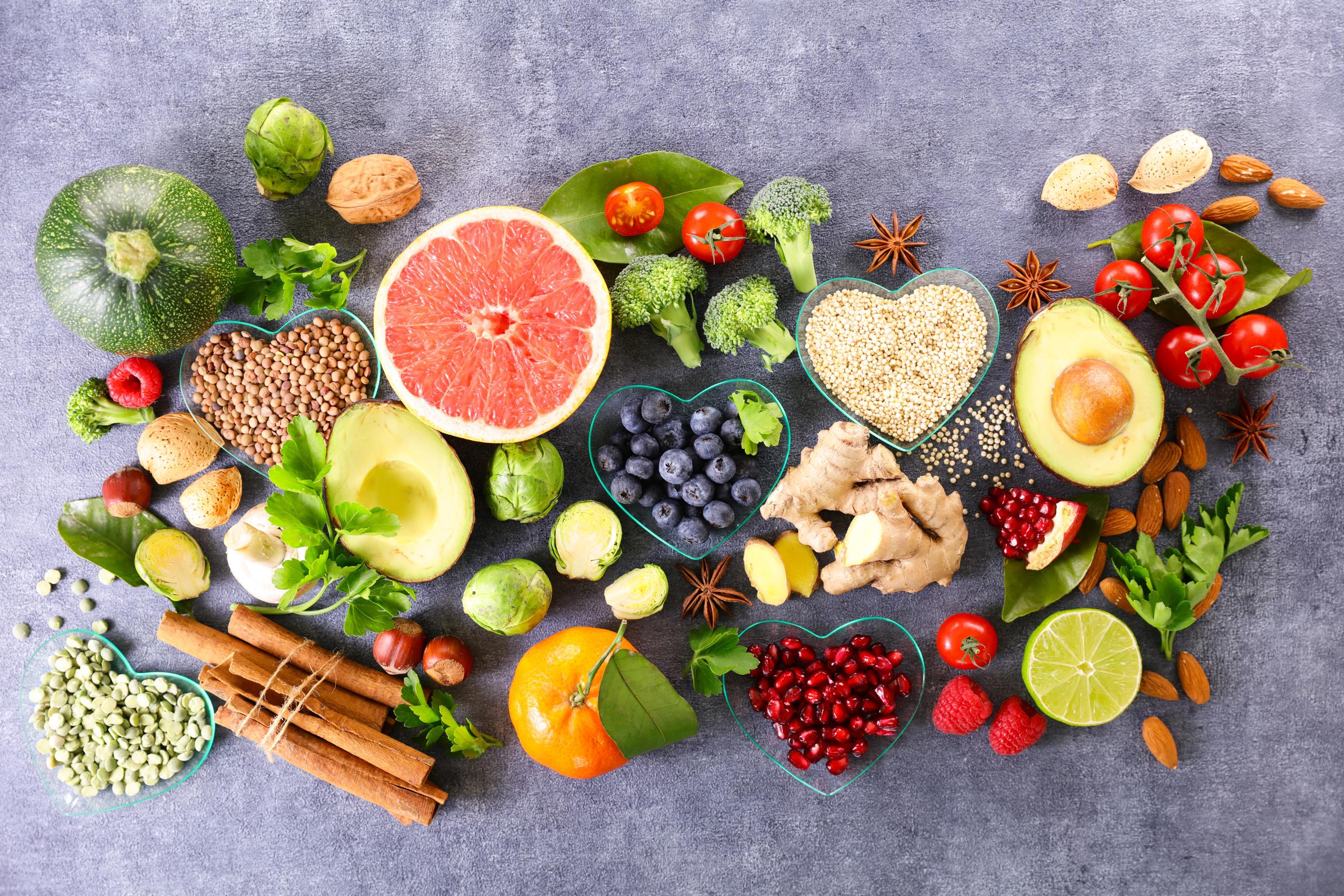
I’ve heard it time and time again – it’s impossible to buy good, healthy food in Bermuda on a budget.
Sadly, it’s a very wide-spread misconception. “Affordability is a moot issue,” explained Chef Joe Gibbons “We have to eat, so there is no option on not buying food.” The issue comes with families learning how to buy and cook healthy food. “Fresh is better than processed and, in reality, takes only a few minutes more to prepare.” Organic foods, especially produce, have definitely come into vogue, but is it really much of a difference? Is it really better for you? “The short answer is, not much,” Chef Gibbons said. “Organic takes the process of fresh a little further – usually about insecticides – but from a nutritional point of view, there is no difference. Local farming, or the 100-mile radius concept, is a better judge.
In Bermuda, fresh is always better than most imported Many people also consider the fuel costs to import, which can far outweigh any environmental impact of eating organic ”
But buying fresh seems to be so expensive, how can one still buy fresh, local produce without the cost? “Farmers may well sell certain of their produce at better rates than the store, directly from the stands. However, a lot of what you see at stands is also imported, so be wary, or ask the farmer. Local fresh produce is usually better, but growing your own is the best alternative, and eating what is fresh at the time.” However, sometimes even common items are unavailable, and so Chef Gibbons recommends frozen as the next best option. “Frozen fruits are very good and nutritious. Canned fruits are often in a lot of sugar syrup, however you can also find them in regular, un-sweetened juice – look at the label on the can. Frozen berries and peaches are worth buying. Fresh fruits tend to be expensive, so frozen are good because there is no waste.” Of course, locally grown fruits – bananas, citrus, mangoes – are the best choice, and are often best purchased from farm stands in season.
Another big cost in the grocery budget is meat, but knowing which cuts to buy can definitely help in keeping those meal costs down “Meat prices can vary from store
store to store It is the norm in most stores to have available in the cases meat products which take almost no cooking skills – steaks, small cuts, and so on – but these are expensive Alongside the steaks, you will find things like brisket, flank and maybe even tri-tip These will be less expensive meat options Lamb is always expensive, but pork is a good buy, like chops and roasts, but oddly, many Bermudians don’t eat it. Chicken is popular, but fresh chicken is expensive. Look for frozen meats – whole chickens are the best value. Oxtails, stewing beef, goat, pork chops, pork fillets – all are better value than fresh, but do require a little skill in pulling together. Though, once an item is defrosted, it can be cooked in a short period.”
“Always keep legumes on hand,” Chef Gibbons said. “They are cheap and easy. They do require time to soak and cook, but are well worth it. For shorter cooking times, use a pressure cooker.” Other healthy choices include brown or jasmine rice, whole-wheat pastas and canned seafood, like tuna, salmon, sardines or smoked oysters.
Learning new cooking techniques and skills can also help greatly in preparing more healthful meals for your family without the cost. “That’s the problem. If you don’t know how to cook, prepared foods and take-out are the only options. Prepared foods are full of bad things, which make them tasty, like lots of salt and chemicals. The cheaper the prepared food, the worse it is. They are very bad for kids, in my view, with way too much sugar and salt. You are better off making an omelet with a salad, or even toast for dinner than some of these frozen dinner products! You don’t save money! More effort has to be made to both teach parents how to cook and educate them with recipes ”
Sadly, there are not many options for learning to cook in Bermuda There are a few courses available through the Bermuda College, as well as courses offered through the Community Education and Development Programme, “but they are not however usually directed to topics like healthy cooking or affordable cooking,” Chef Gibbons said “Online searches are the best ways to turn up recipes ”




When we were growing up, kids were limited to watching porn on a videotape, DVD, or fuzzy cable channel. For today’s generation, however, kids can find it with a two-second Google search — no matter where they are or what time it is. Right now, there are at least 4.5 million porn sites on the web, and every minute, 63,992 new visitors arrive at Pornhub — a popular streaming platform for sexual content. According to our 2021 annual report, 68.97% of tweens and 90.73% of teens encountered nudity or content of a sexual nature online.

Sometimes life just isn’t fair. You’ve worked hard, you’ve saved hard and you’ve tried to raise your children with good values but your marriage has suffered one way or another No matter how hard you have tried, you and your spouse have decided call it quits.
There will be a lot of changes in your life once you make the decision to get divorced Whether you like it or not, there is a need to accept all these changes, especially if they are going to turn your world upside down

So what happens now when you are still juggling much of the same life you had before, but now it is just you?
Some of the major aspects in your life that will change are your finances and how you deal with your children’s expectations after divorce.
Newly single individuals are typically concerned about their finances and want to make sure they have enough for their immediate needs, and that they'll have enough for the other things down the road, such as education and retirement.
The first step is creating your own financial independence: a new bank account, updating beneficiaries on life insurance policies and your pension plan and equally important, creating a new “Just Me” monthly budget.
The shock of looking at your newly formed single named bank account and noticing the bank balance is not rising as steadily as it once did may leave you feeling bewildered or even panicky. Furthermore, noticing that your expenses are not that much different than they were before is really frustrating

For most people there is not much you can do to increase the income coming into the account on a monthly basis at the start but there are definitely a few things you can do to trim down what is heading out of the account each month. Budgeting is the foundation for getting things on track again and the first step is to list your current income and expenses Keep in mind that while many of your expenses may be lower than when you were married, they won’t necessarily be cut in half – after all, it takes the same energy to run lights whether one person or two Think about ways to trim down your expenses Can you bring your lunch to work instead of buying it? Can you give up yoga classes right now until can clearly track your spending patterns? Be honest about what is necessary and what can be reduced or postponed.
Updating your documents to reflect a new beneficiary on your pension plan, and life insurance policy is essential It’s important to remember if the beneficiary is a minor you will need to list a guardian who will be in charge of those assets until the minor becomes of legal age.
Another task at hand is to head back to the lawyers but this time you need to find a lawyer who specializes in Wills and Estates because it is time to write/re-write your Will. It’s important to think long and hard about where you want your assets to go in the event of your early demise, and again, if you have children and they are minors, remember to include a guardian
One consideration which needs to be addressed is health insurance. Were you covered under your spouse’s insurance? If so you may need to now apply independently. If you are not currently working will you be responsible for paying the entire amount or is this something that is part of your divorce settlement? What happens if you have a pre-existing condition that was being covered under your spouse’s plan; will it be covered under the new plan? All these questions need to be asked and answered so you understand the potential greater impact and can plan accordingly
What is often the most difficult part of any divorce is considering the children Who is going to live with who, financial responsibilities for the children, and working as a “co-parent”. Although there is no “typical divorce” and no “magic formula” for ensuring the most positive child outcomes, there are some general principles that certainly seem to make it a little easier:


Be there for your children, both physically and emotionally.
Talk with your children about the divorce. Speak about and act in a respectful manner toward the other parent, especially in front of your children.
Maintain open communication channels with the other parent about the children.
Have a concrete plan on to how you both plan to handle child expenses.

Lastly, it’s important to realize that you are not going to know everything or be able to do everything. Clearly there will be some gaps you will identify that your spouse fulfilled before.

Perhaps they did the finances in the family, or were the handyman around the house or the taxi driver for the children’s activities. Figure out what the gaps are and “OUTSOURCE”: need someone to help with your finances? -find a financial planner Need a handyman?- ask the neighbour, a brother or cousin and get them to show you how to fix it. Looking for someone to help cart the children around? - ask your family or other parents at your children’s school –honestly, most people are happy to help
Don’t let pride get in the way of making your newly single life a bit easier, no one is going to look at you any differently
The reality is, you can’t change the situation at hand but you can certainly change your attitude and how you handle the outcome of your finances and family






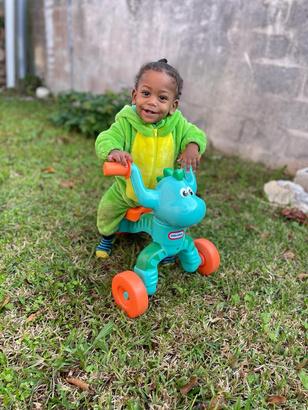






















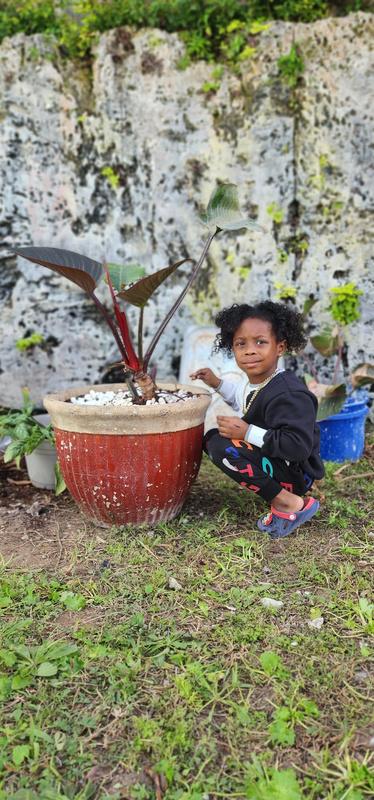







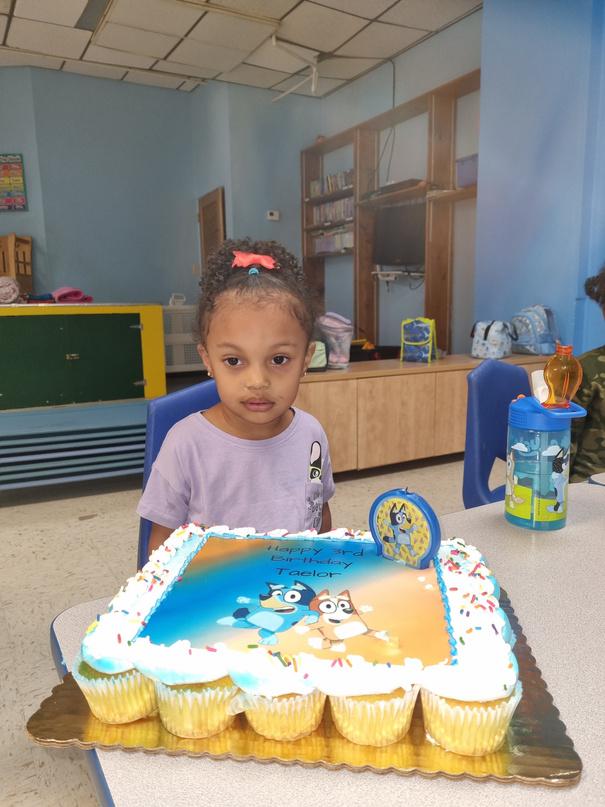


Reprint from previous BPM
As parents in today’s world, raising children can be challenging We face a multitude of everchanging needs and pressures, ranging from helping our children develop healthy eating habits to helping them with their school work or teaching them how to be safe. As I reflect on my children’s life, compared to my childhood, I realize how important it is to look beyond daily tasks and teaching of skills, and pay attention to our children’s emotional health as well Dealing with our children’s emotions can seem stressful at times, but it is important and can be extremely rewarding as we connect with our children on a deeper level Luckily, it is not that difficult – all that is required is that we love our children unconditionally and pause from the daily stressors of life to ensure that we are there for them by being a good listener and observer, and being both physically and emotionally present with them as they grow
Studies show numerous benefits for emotionally healthy children; including better performance at school, the ability to build lasting and mutually respectful relationships, and the ability to cope through difficult times and stressful situations.

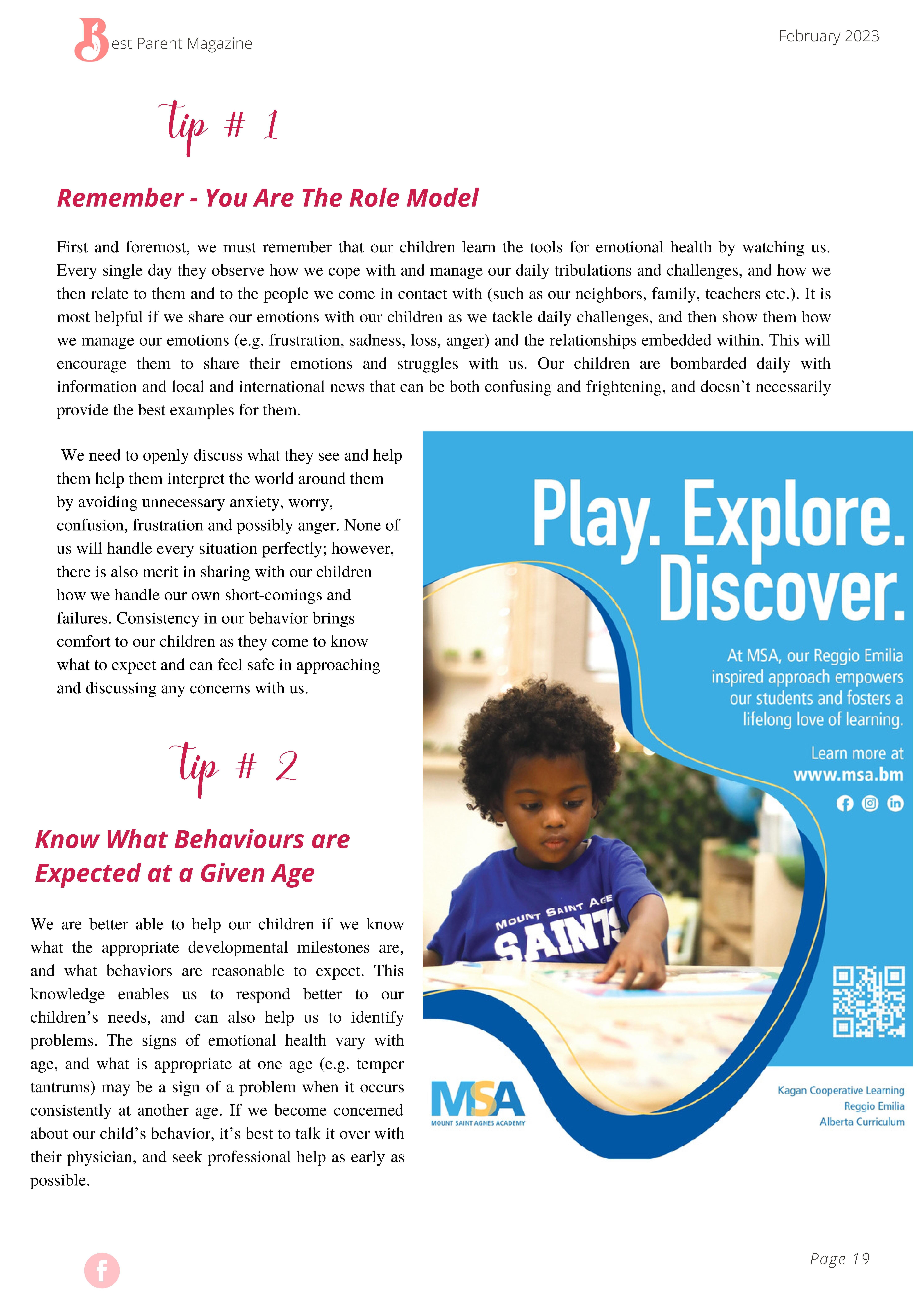

Our lives are very busy and somewhat complicated, but it is important that we find a way, each and every day, to pause, spend time with and be present with our children to find out how their day was – what went well, what didn’t go so well, what their concerns, fears and hopes are, and how we can help. There is nothing that can replace this connection time, and we can be assured that if we don’t make the time, there will be certainly be something else that will fill the void This time and sharing provides an opportunity for us to teach our children how to reflect on the present, building inner peace and a solid foundation for their long-term emotional health
Both expressing and feeling gratitude are important parts of life. Over the past decade, hundreds of studies have documented the social, physical, and psychological benefits of gratitude Gratitude has two parts – first is the acknowledgement of the good things in the world, the gifts and benefits received The second is the acknowledgement that the source of goodness lies outside of one’s self and in other people, even higher powers that provide the many gifts, big and small, in our lives Practicing gratitude has proven to be one of the most reliable methods for increasing happiness and satisfaction, and reducing anxiety and depression. Gratitude strengthens relationships, making us feel closer and more committed to those around us From the outset, a parent’s modeling of gratitude is key Toddlers can be taught to say thank you when they receive assistance or a gift from someone. By primary school, we can encourage our children to reflect on their day and share one thing they are grateful for daily, for example at dinner time, or by creating a ‘gratitude list’ or ‘gratitude jar’ Gratitude encourages us not only to appreciate our gifts but to repay them or pay them forward. Studies suggest that when 10-19 year olds practice gratitude, they report greater life satisfaction and more positive emotion, and they feel more connected to their community. Let’s share this precious gift.

Beautiful, intelligent, kind, friendly…

what characteristics do you consider when describing your daughter? Would her descriptions match yours? Would you use similar words to describe yourself? Or would you use less flattering words such as ugly, overweight, or plain? The term ‘self-image’ is described as the personal view that we have of ourselves Self-image is formed from the combination of our views of ourselves, how we think others see us, and how others actually see us. According to the Mayo Clinic, mothers are probably the most important influence on their daughter’s self-image.

Starting in early childhood, our self-image is influenced by interactions with parents and caregivers
Daughters imitate and identify with their mothers in powerful ways Mothers’ of daughters’ are like mirrors reflecting back to them an image of themselves. Add to this our experiences with others such as teachers, friends, and family. Our relationships reinforce what we think and feel about ourselves The image we see in the mirror may be a real or distorted view of who we really are This results in positive or negative self-image With a positive self-image, we recognize and own our positive attributes and potential, and are also aware and accepting of our limitations
Having a negative self-image means we focus on our weaknesses and limitations and have a distorted view of our failures and imperfections.
This is an on-going process throughout life. We are constantly evaluating ourselves across many areas such as appearance (how do I look?), performance (how am I doing?), and relationships (how important am I?). The development of positive self-image is important because it affects how we feel about ourselves and how we interact with others A positive self-image boosts our social, emotional, physical and spiritual wellbeing. While having a negative selfimage decreases life satisfaction across these areas.
A mothers’ tone and body language about her own self-image can affect her daughter in the long term Even when mothers provide positive feedback about their daughters’, making negative comments about themselves negatively impacts their daughters’ selfimage Similarly, mothers’ negative comments about other women can also impact her daughter’s view of herself. When mothers accept how they look, and have a healthy attitude about weight, wrinkles, and aging, this helps to counter the peer and media pressure her daughter faces Similarly, when mothers don’t feel they measure up to society’s beauty standards, they pass on those feelings of inadequacy to their daughters. Even the slightest comments that a mother makes about herself, such as, “Does this outfit make me look fat?” or “Oh wow, look at the awful wrinkles around my eyes” will influence her daughter

The good news is that self-image is fluid and can be changed We can foster the development of a healthy self-image in our daughters and ourselves The process begins with accepting and loving our self and being accepted and loved by others.

Daughters unconsciously identify with their mothers’, all mothers have the power and responsibility to shape their daughters’ positive self-image. This is achieved by teaching daughters that a female’s value is not based only on outer appearances, but on her inner essence, by talking to daughters in sensitive ways throughout life, and by authentic self love and acceptance. In doing so, mothers can go a long way to ensure their daughter’s future mental, emotional, and physical health

Set the example, talk positively about yourself Comment on your daughter’s positive qualities. Reassure her that it is okay to make mistakes, a mistake or a poor choice does not define her Identify and explore the impact of childhood labels
how did people describe you as a child? Was it positive or negative? Is the same thing happening to your daughter?
Refrain from comparing her to others And refrain from comparing yourself to others as well Share positive affirmations – “We are powerful beyond measure,” “We are intelligent”. Keep in mind that you are both unique and celebrate differences
Remember that you are her most important role model.


